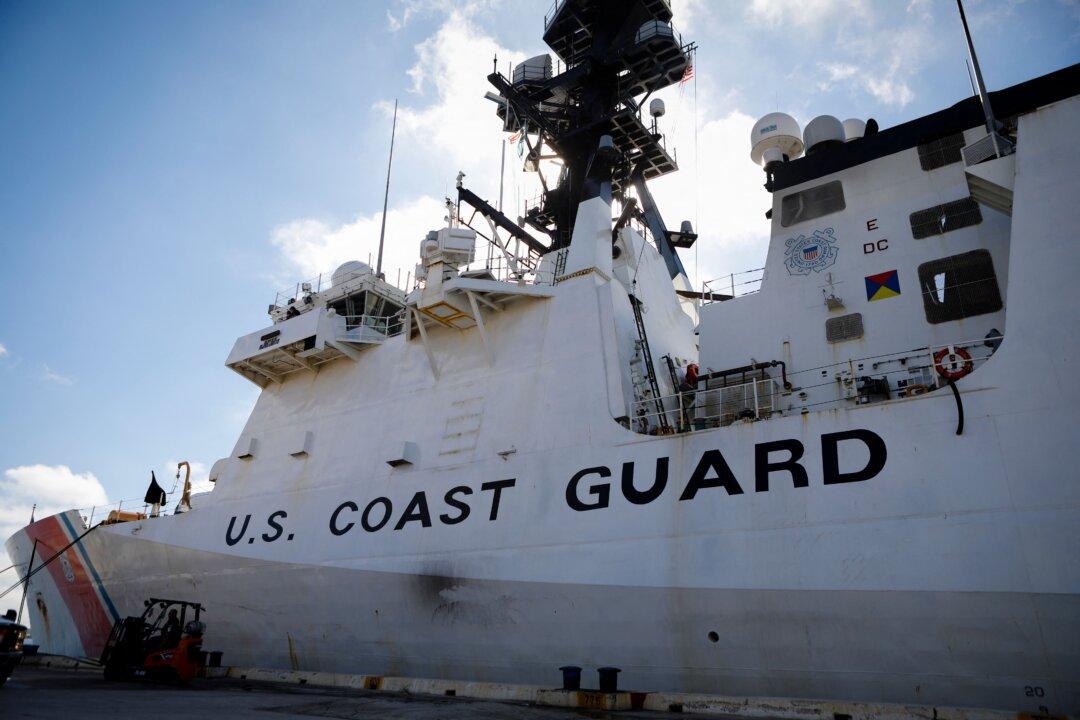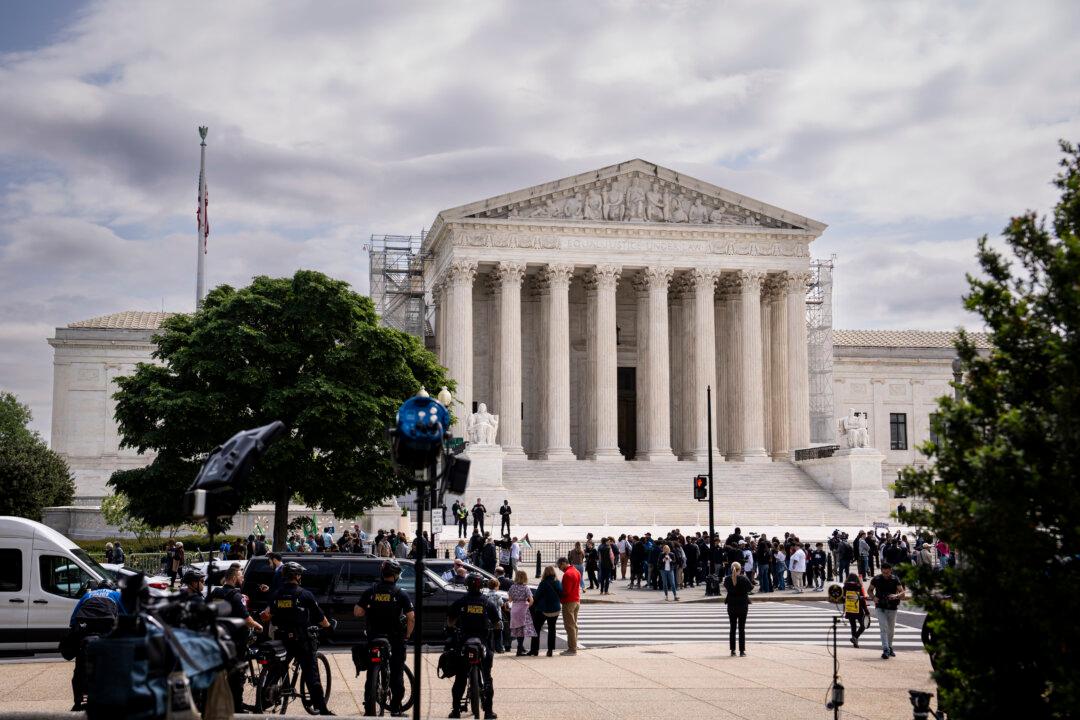Like other branches of the nation’s military, the U.S. Coast Guard is facing recruiting challenges. In spite of this, the branch is letting go of experienced service members without due process over the vaccine mandate, holding little regard for sincerely held religious beliefs, according to an attorney and a retired Coast Guard officer.
The Coast Guard is attempting to separate members from service who refuse the vaccine under the process known as “convenience of the Government,” which does not require review by a military panel, said former Aviation Survival Technician Chief Petty Officer David Kroll, who decided to retire in April 2021 after more than 20 years as a helicopter rescue swimmer over his religious objection to the vaccine.




